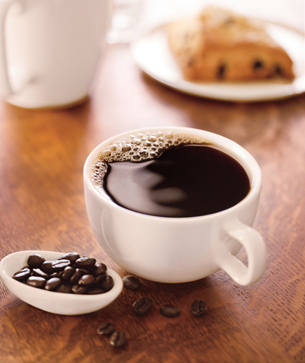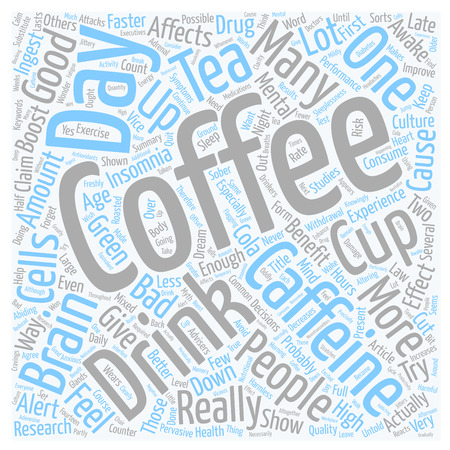I’m a Mayo Clinic Certified Wellness Coach and I love my coffee. For a long time, we were told that coffee was bad for us and should be avoided. But who can resist the smell of coffee brewing in their kitchen?
The good news is that not only have coffee’s bad reputation been redeemed, now it’s lionized as a “miracle” drink that has a host of health benefits.
Here are just some of the benefits attributed to coffee:
- Improves energy levels
- Helps burn fat
- Improves physical performance
- Contains vitamins and minerals
- Lowers risk of Type 2 diabetes
- Protects against Alzheimer’s disease
- Lowers your risk of Parkinson’s disease
- Helps fight depression
- Lowers risk of liver and colorectal cancer
- May lower risk of stroke
- May help you live longer
So why would a Wellness Coach, or anyone else for that matter, not drink coffee? One reason might be that you don’t like the taste. No problem!
As a Wellness Coach, I emphasize that every decision, including what we choose to eat, starts in the brain. I now have more evidence based on some new research into coffee.
According to this new study, psychological cues, like seeing a coffee cup, are enough to perk up your energy level.
Simply Seeing Reminders of Coffee Can Perk Up the Brain
A new study shows that just seeing something that reminds people of coffee can result in a more alert and attentive mind. Just looking at a coffee cup is enough to perk up the mind.
Many people turn to coffee for a quick morning pick-me-up, as its caffeine content is well-known for its stimulating nature. Caffeine stimulates the central nervous system, which boosts energy and can make a person feel more awake and alert. Consumers of caffeine can feel the effects for around 4–6 hours.
Researchers from the University of Toronto wanted to see whether exposure to items that remind people of coffee had any psychological effects. As it turns out, the answer is yes.
Sam Maglio, an associate professor at the University of Toronto Scarborough’s Department of Management and the Rotman School of Management, both in Ontario, Canada, wanted to explore coffee and its psychological effects: “We wanted to see if there was an association between coffee and arousal, such that if we simply exposed people to coffee-related cues, their physiological arousal would increase, as it would if they had actually [drunk] coffee.”
Psychological arousal is a term that describes parts of the brain getting activated into a state of alertness and attentiveness. This can result from many factors, involving neurotransmitters in the brain, emotional states, or caffeinated beverages, such as coffee.
Coffee and Psychological Arousal
This research directly examined the psychological effect of priming, in which small cues can influence the thoughts and behavior of people exposed to them. Specifically, the researchers wanted to look at how coffee-related cues can lead to psychological arousal.
- The team conducted four separate studies to see how participants reacted to coffee- and tea-related cues.
- They discovered that those exposed to coffee-related cues experienced interesting psychological benefits, including thinking in more precise terms and feeling that time went by faster.
- They used participants from Eastern and Western cultures for these studies, and they did discover a difference between the two populations.
- The researchers found that this effect was weaker in those who grew up in Eastern cultures, which Maglio surmises may be due to having lived in an environment where coffee was not quite as commonplace.
- Coffee packs a lot of caffeine into a small package, and its effects are well-recognized. The drink itself is such a pervasive image in Western culture, and it is interesting that simply viewing something that reminds someone of coffee could potentially have similar psychological effects as the drink itself.
- Maglio notes that “In North America, we have this image of a prototypical executive rushing off to an important meeting with a triple espresso in their hand. There’s this connection between drinking caffeine and arousal that may not exist in other cultures.”
Click here to read full article. It help this Wellness Coach justify her coffee habit.







